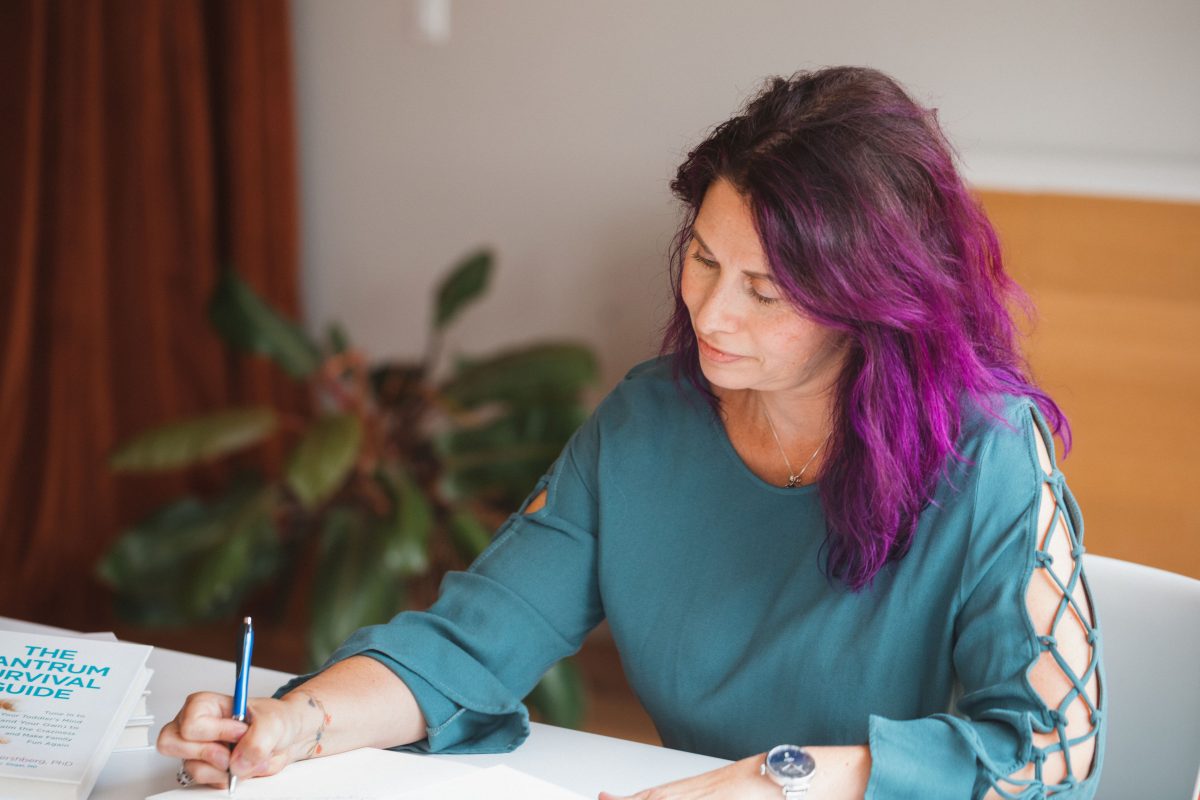
Photo: Michelle Rose Sulcov
THE BONA FIDES:
I have been helping parents with their kids (and vice versa) for more than two decades through my extensive work in private practice, schools, primary care pediatrics, and community-based organizations.
Prior to founding my current practice, I served as the Director of Training and Quality for Healthy Steps at Children’s Hospital at Montefiore, an infant and toddler preventive mental health program that gained national and international attention for its integration of early childhood mental health professionals within primary care pediatrics. While at Montefiore, I held an assistant professorship in the Department of Pediatrics at the Albert Einstein College of Medicine, where I taught both pediatric residents and medical students.
I grew up on the Upper West Side of Manhattan, where I attended Trinity School (K-12), and earned my Bachelor of Arts degree at Yale University, from which I graduated summa cum laude. I obtained my doctorate in clinical psychology at the University of Virginia and completed my pre-doctoral internship at Bellevue Hospital Center and the New York University Child Study Center. After my training, I worked in New York City’s Administration for Children’s Services (ACS) and was a clinical instructor of psychology in the Department of Child and Adolescent Psychiatry at the New York University School of Medicine.
I care deeply about the need to break intergenerational cycles of trauma, and believe social justice and anti-racism work plays a critical role in creating a better world for children and families. In 2020, I was trained by Dr. Dana Crawford in Crawford Bias Reduction Theory and Training (CBRT), and am honored to be an active member of the CBRT for Everyone consulting team.
I am the author of The Tantrum Survival Guide (Guilford Press), and have been published widely, including in The New York Times, and on Parents.Com and TODAY Parents. I have been featured as a guest on several podcasts, as well as on WAMC Public Radio and Good Day Wake Up. I currently live in lower Westchester with my husband and two sons, who keep me busier – though also smiling! – more than any of the above.
ALSO ABOUT ME:

There are so many unrealistic portrayals of parenthood out there, so many misconceptions, so much social pressure, so many structures and systems in desperate need of repair. If we push all that aside, though — way easier said than done, of course — there’s us. Our hearts. Our minds. Our instincts. Our perfectly imperfect selves, ready and waiting to connect with our perfectly imperfect children, in this perfectly imperfect — broken and beautiful — world. So. . . shall we?
That’s the kind of thing I think about a lot.